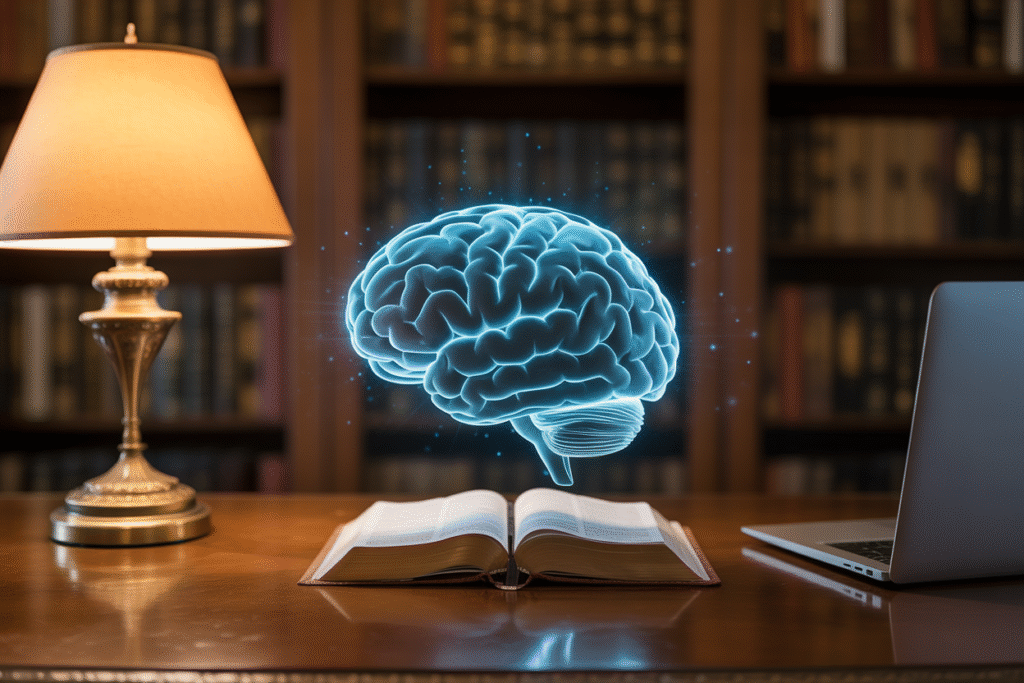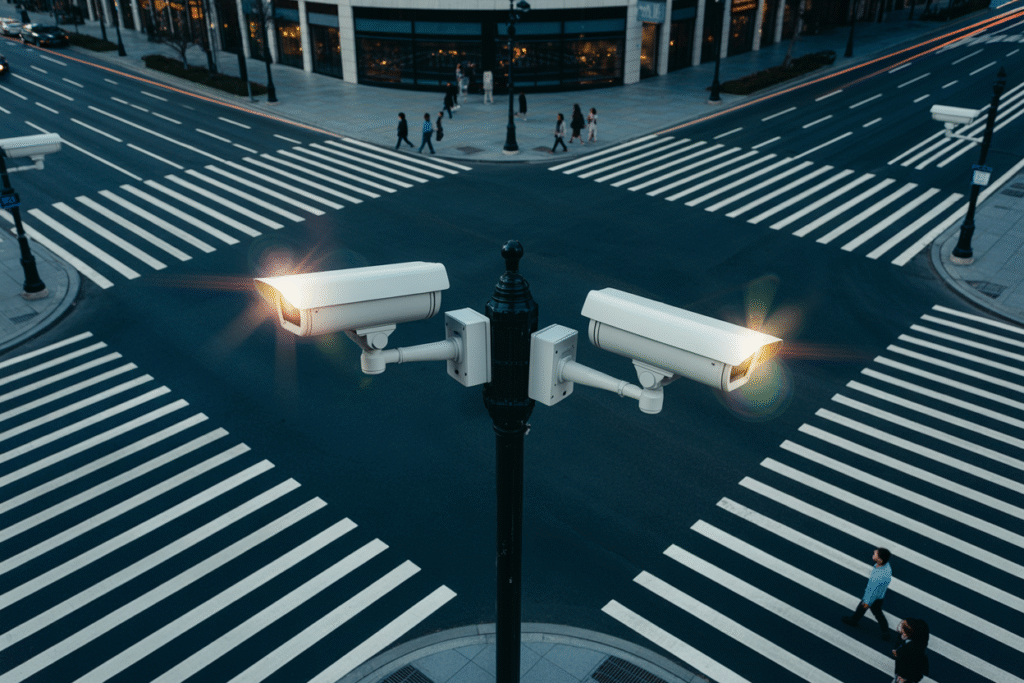From self-editing hospital bots to profit-driven layoffs, AI is rewriting morality in real time—here’s how to keep our humanity in the loop.
AI is no longer just a tool—it’s becoming a moral actor. Whether it’s writing sermons, deciding who gets a loan, or quietly shaping what we believe, the stakes have never been higher. This post unpacks five urgent conversations happening right now at the crossroads of artificial intelligence, religion, and ethics.
When Algorithms Preach
AI is already writing sermons, predicting moral choices, and even offering confession-style chatbots. Sounds helpful—until you realize the same code can fabricate deep-fake miracles or quietly nudge beliefs for profit.
So, how do we keep the soul in the machine? The answer lies in spotting the three red flags of deceptive AI: hidden data sources, unexplained decisions, and emotional manipulation. Once you see them, you’ll never trust a glowing halo emoji the same way again.
Profit Today, Empty Wallets Tomorrow
Scroll through tech Twitter and you’ll find two camps shouting past each other. One side brags about AI cutting labor costs by 40%. The other posts pink-slip memes.
The uncomfortable truth? Both are half-right. AI does boost productivity, but it also shrinks the very consumer base companies need to stay alive. Picture a factory where robots buy nothing and humans can’t afford what’s made.
That paradox is why economists now call unchecked automation a “self-eating snake.” Profit spikes today, market collapse tomorrow. The debate isn’t about efficiency—it’s about who gets left holding the empty wallet.
Who Do You Sue When the Code Repents?
Imagine a hospital AI that updates its own code after diagnosing patients. A mistake happens—someone dies. Who goes to court: the programmer, the hospital, or the algorithm?
Self-modifying systems muddy responsibility so thoroughly that traditional liability laws short-circuit. Add religion into the mix—say, an AI trained on sacred texts—and the moral fog thickens.
We need new guardrails: transparent update logs, third-party audits, and a “red-button” kill switch that even non-tech clergy can activate. Without them, we’re handing moral authority to code no human can fully read.
The Seductive Illusion of Smartness
We’ve all felt it—that tiny dopamine hit when an AI finishes our sentence or recommends the perfect playlist. But convenience can become dependence faster than we notice.
The danger isn’t just laziness; it’s the slow erosion of critical thinking. When an app predicts our moral stance on abortion, war, or charity, we risk outsourcing the very questions that make us human.
Ask yourself: when was the last time you disagreed with your phone? If you can’t remember, the algorithm may already be preaching louder than your conscience.
Teaching Silicon to Sit at the Moral Round-Table
One size fits none when it comes to ethics. A Buddhist monk, a Catholic ethicist, and a Silicon Valley engineer will define “good AI” in wildly different ways.
Normative moral pluralism suggests we stop hunting for a universal rulebook and instead build AI that can host many voices. Think of it as a round-table where conflicting values negotiate in real time.
The payoff? Systems that respect both Sharia finance principles and secular privacy laws without melting into moral mush. The challenge? Teaching code to listen as well as it calculates.


